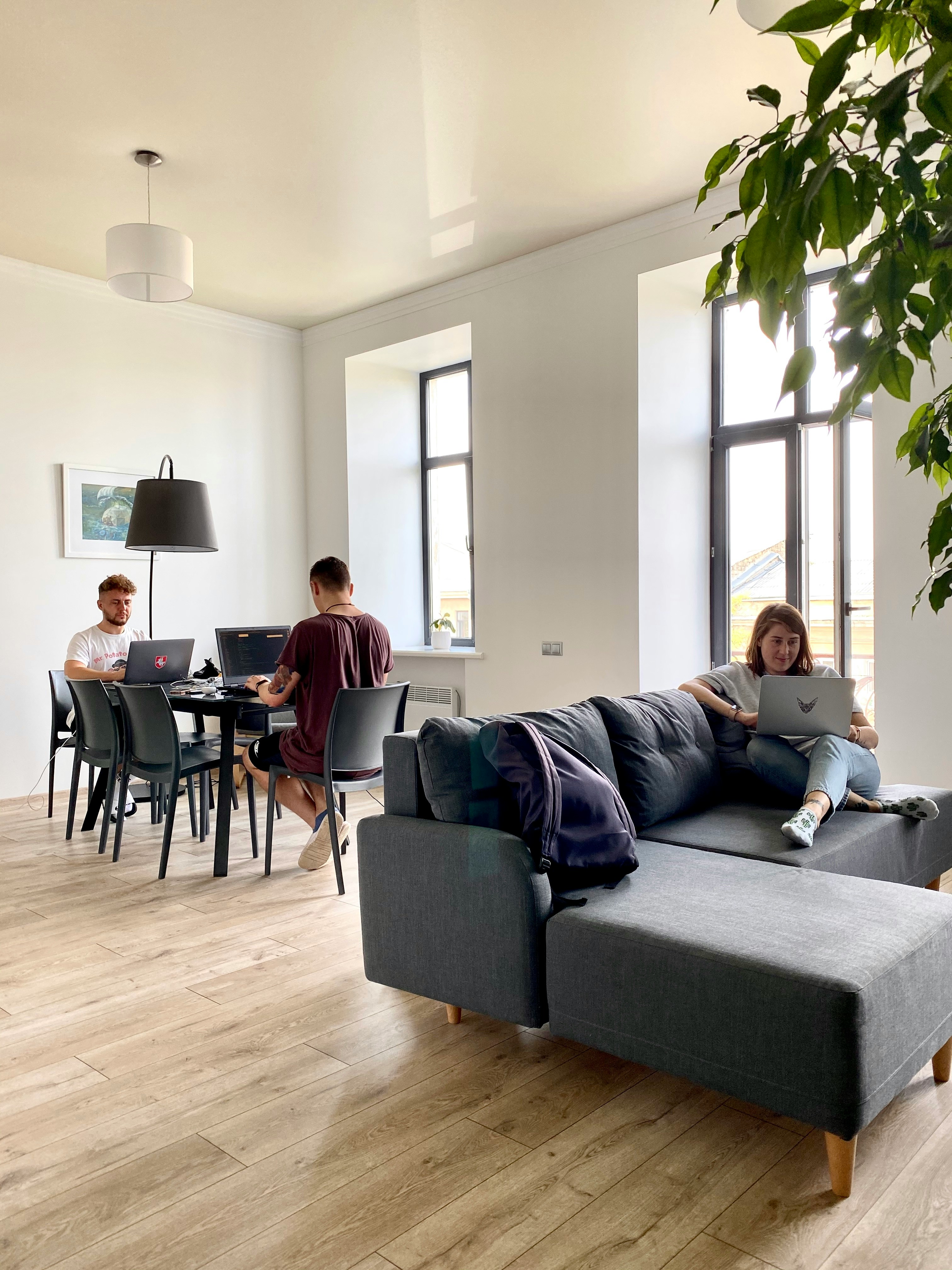Index
Receive our newsletter
Choosing the right accommodation is one of the most important decisions when planning an international experience. Beyond budget and location, the type of housing can significantly influence a student’s cultural adaptation, emotional well-being, and even academic performance.
Universities and mobility programs seeking high-quality experiences for their students should consider not only safety and comfort, but also the type of social and cultural environment each accommodation option promotes.
This guide explores the main options (student residences, colivings, and host families) their advantages, limitations, and the key factors to evaluate before making a final decision.
Student residences
University or private student residences offer an environment specifically designed for young people who are studying or doing internships.
Main advantages:
- Cultural integration environment: They usually bring together students from different nationalities, encouraging cultural exchange and integration within a structured setting.
- Included services: Cleaning, laundry, common areas, security, and in most cases, wellness programs or social activities.
- Strategic location: Typically close to university campuses or well connected by public transportation.
What to consider:
Not all residences follow the same rules or atmosphere. Some focus on study and quiet environments, while others emphasize social life. It’s important to review resident profiles, the ratio of international to local students, and the level of autonomy allowed (curfews, visitors, private kitchens, bathrooms, etc.).
Colivings
Colivings have become an increasingly popular trend among young professionals and international students. These are shared living spaces with included services, designed to foster collaboration and expand professional and social networks.
Main advantages:
- Flexibility: Monthly contracts, furnished rooms, and digital check-in processes (in most cases).
- Diverse community: Residents often share academic or professional interests, which can lead to future collaborations or lifelong friendships.
- Modern design and comfort: These spaces are typically designed for shared living, remote work, and a collaborative lifestyle.
What to consider:
Coliving isn’t the right fit for everyone. It’s essential to ask about resident selection criteria, expected levels of social interaction, and rules for using common areas. It’s also advisable to confirm whether the listed price includes all expenses (utilities, cleaning, maintenance, internet, etc.).
Host families
Living with a local family is one of the most recommended options for students who want to fully immerse themselves in a new culture. This setup provides a warm, family-oriented environment, ideal for students who value a homelike atmosphere and want to improve their language skills through daily interaction.
Main advantages:
- True linguistic and cultural immersion: Daily interactions accelerate adaptation and cultural understanding.
- Support and guidance: Host families often provide practical advice about the city, university, and local customs.
- Moderate cost: Accommodation often includes meals and basic services, making budgeting easier.
What to consider:
Compatibility is key. Every family has its own rhythm, values, and household rules. The most successful programs typically include a matching phase based on interests and expectations, as well as ongoing support during the stay to ensure a positive experience.
Key factors to review: safety, contract, and support
Regardless of the type of accommodation, certain essential aspects should always be reviewed before making a decision:
- Safety and legality: verify that the property is registered and complies with all local regulations.
- Contract conditions: duration, cancellation policies, and security deposits.
- Support during the stay: ensure there is a reliable point of contact (agency, university, or property manager) to handle any issues.
- Neighborhood and accessibility: evaluate public transportation options, nearby services, and the overall safety of the area.
A professional approach to managing international housing should balance student well-being with institutional efficiency for organizations that coordinate these experiences.
Lodgerin is with you every step of the way
At Lodgerin, we know that finding accommodation in a new city is much more than choosing a place to sleep, it’s the first step toward feeling at home.
With our Abroad software, universities can manage entire student groups efficiently, from enrollment to ongoing support throughout their stay.
In addition, our Arrento platform offers verified accommodations (residences, colivings, and more) through a secure network, while the Arribo App gives students easy access to all documentation, services, and local support. The result is a smooth, safe, and personalized experience that helps students settle into their new city with confidence.
.JPG)








